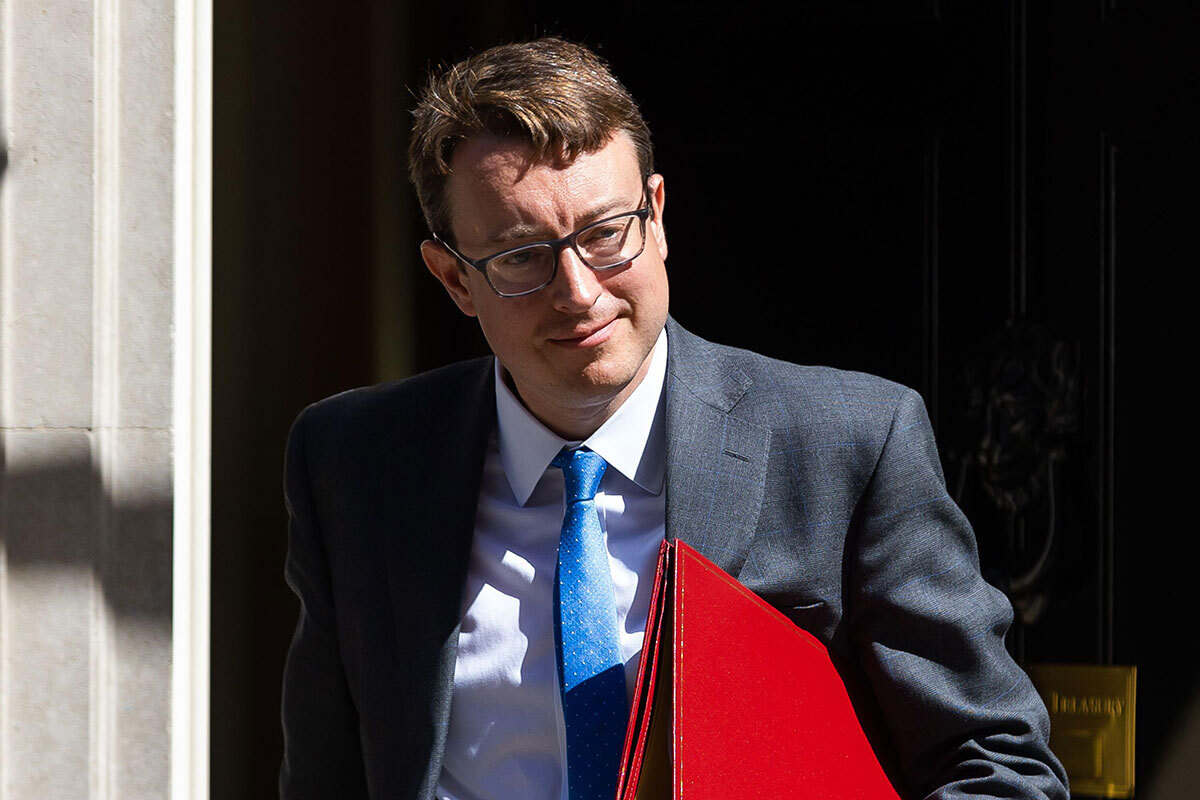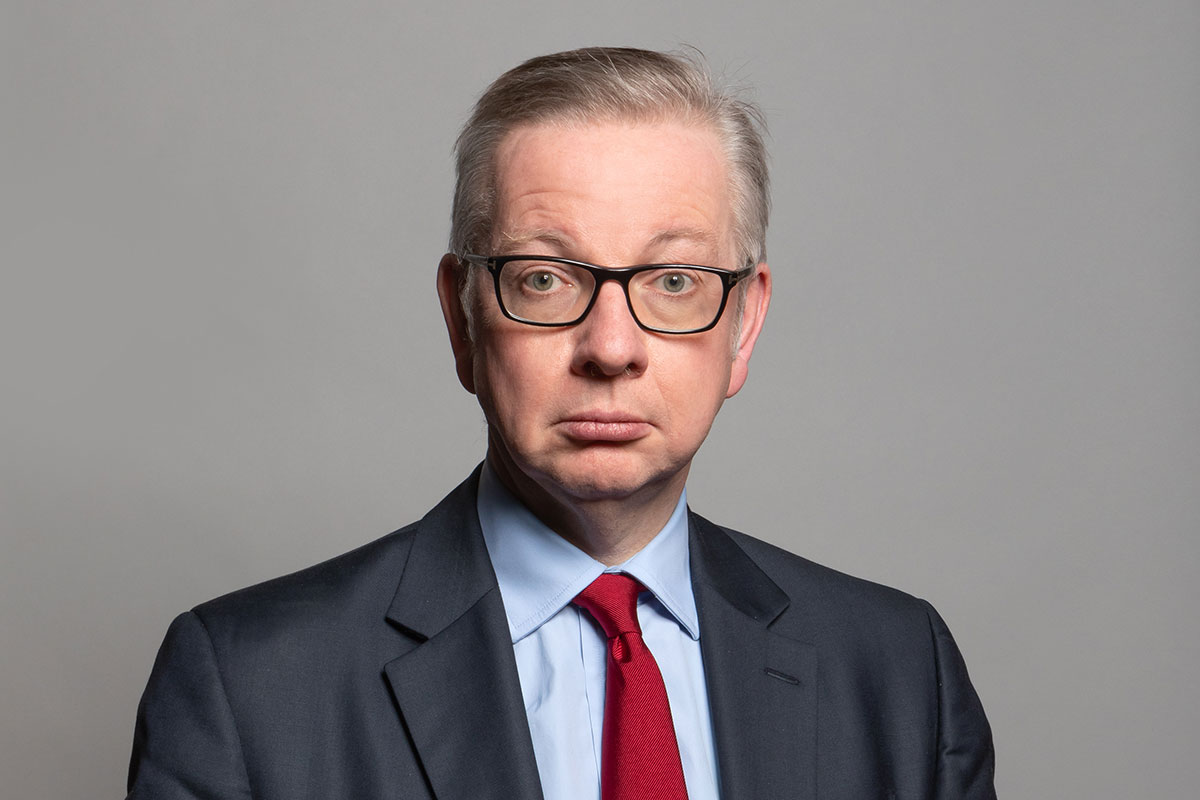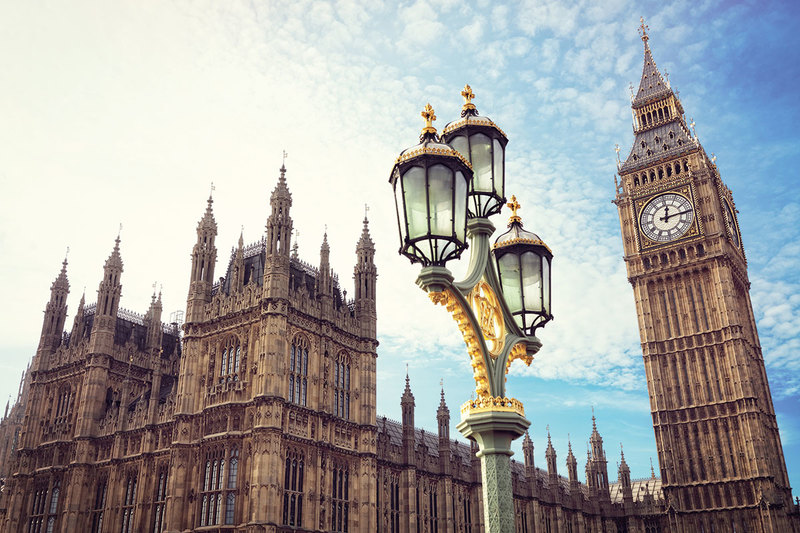Who is new housing secretary Simon Clarke?
Simon Clarke has replaced Greg Clark as housing secretary. Grainne Cuffe outlines everything we know about the new cabinet man

Once again we have a new housing secretary – the fourth in just under a year.
Simon Clarke will replace Greg Clark, who served just two months in the role after Michael Gove was sacked. Teeside MP Mr Clarke joins the Department for Levelling Up, Housing and Communities (DLUHC) from the role of chief secretary at the Treasury.
Another housing secretary and perhaps another approach to policies – so who is Mr Clarke and what can the sector expect from him?
The 37-year-old grew up in Marton, a village in Warwickshire. He unsuccessfully stood in the 2015 general election as the Conservative candidate for Middlesbrough South and East Cleveland.
However, Mr Clarke was successful in the 2017 general election, winning the seat from Labour after the sitting MP, Tom Blenkinsop, stood down.
Following Boris Johnson’s appointment as prime minister in 2019, Mr Clarke was made exchequer secretary to the Treasury. He was then moved to the post of minister for regional growth and local government in a cabinet reshuffle in February 2020.
Mr Clarke resigned for personal reasons seven months later.
In another reshuffle in September 2021, Mr Clarke became the youngest cabinet minister in government after being appointed chief secretary to the Treasury.
He has served on the Treasury Committee, the Treasure Sub-Committee, and the Regulatory Reform Committee.
Mr Clarke pledged public support for Liz Truss ahead of her appointment, claiming she will “take decisive and immediate action” to support families and businesses affected by soaring energy bills.
The new housing secretary could be positive in terms of building new homes and achieving net zero.
He has publicly supported regeneration projects, particularly in the North. In May, he tweeted that it would be a “disaster for the Conservatives” if “we do not build the homes we need, where we need them”.
“But much, much more importantly, it will be a disaster for generations of people who will not be able to own a good home,” he said.
Mr Clarke is an outspoken advocate of tackling climate change. In September 2018, he organised a letter to the government – which was signed by more than 130 cross-party MPs – in support of delivering net zero carbon emissions by 2050. The government amended the Climate Change Act 2008 in June 2019 to introduce a target to achieve that.
Mr Clarke has also spoken out against claims from fellow Conservatives that net zero aims should be curtailed because of the cost of living crisis and soaring energy bills. In February, he said that scaling back net zero ambitions was “positively irrational”.
Mr Clarke voted to leave the European Union. He called Mr Johnson’s Brexit deal “marvellous news”.
“The anti-democratic backstop has been abolished, we will be able to strike our own free trade deals and Northern Ireland will be in the UK customs territory,” Mr Clarke said in 2019.
On building safety, it emerged in January that a leaked letter from Mr Clarke to Mr Gove essentially gave the go-ahead for a scheme for developers to fund remediation for buildings taller than 11 metres.
In the letter, Mr Clarke gave Mr Gove permission to use a “high-level ‘threat’ of tax or legal solutions in discussions with developers as a means to obtaining voluntary contributions from them”.
“I am pleased to see that you acknowledge the principle that the taxpayer should not be on the hook for further costs of remediation.
“To reiterate, my approval of this new package for 11-18m buildings is therefore conditional on no further exchequer funding,” he said.
Mr Gove then announced the news that leaseholders in medium-height buildings would be protected.
In terms of voting history, in September 2018, Mr Clarke voted against higher fines for landlords or letting agencies breaching the law, limiting what tenants can be charged for. In the same month, he also voted not to further restrict the circumstances in which landlords and letting agents can charge tenants for losses arising from a breach of a tenancy agreement.
It will be interesting to see where he stands on private rented sector reforms, which the government is currently in the process of legislating.
In February 2020, Mr Clarke voted against enabling victims of domestic abuse to access benefits and to rent a home irrespective of their immigration status.
In July 2022, he voted for lifting the ban on employers bringing in agency workers when staff go on strike.
Mr Clarke has never voted on a reduction on welfare spending.
Sign up for our daily newsletter
Already have an account? Click here to manage your newsletters











